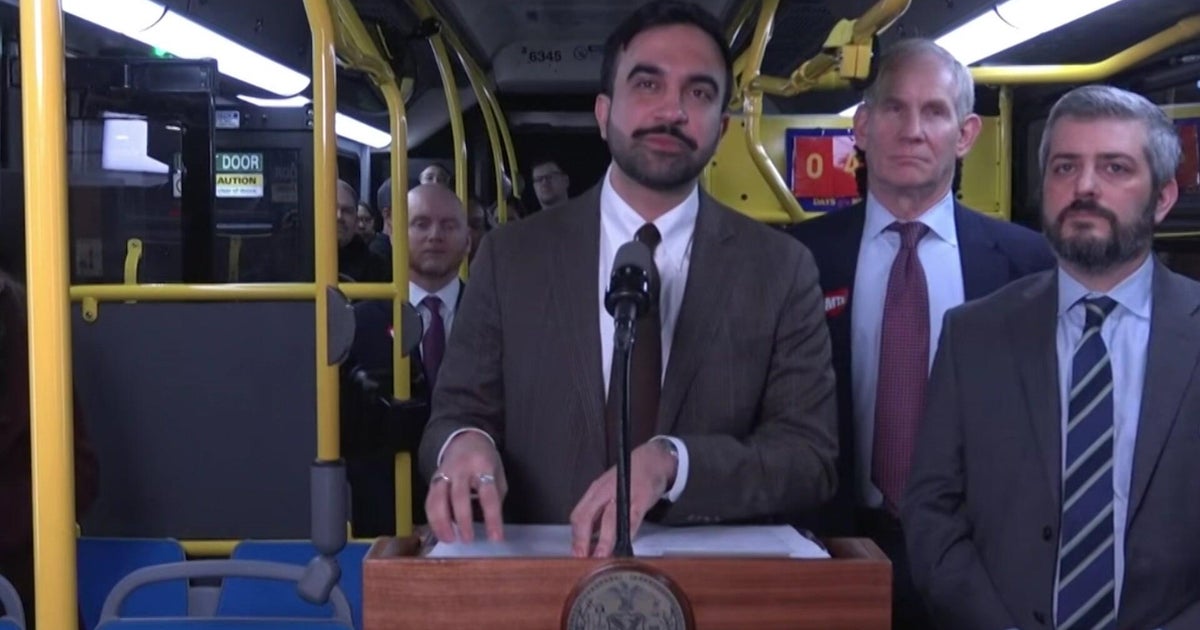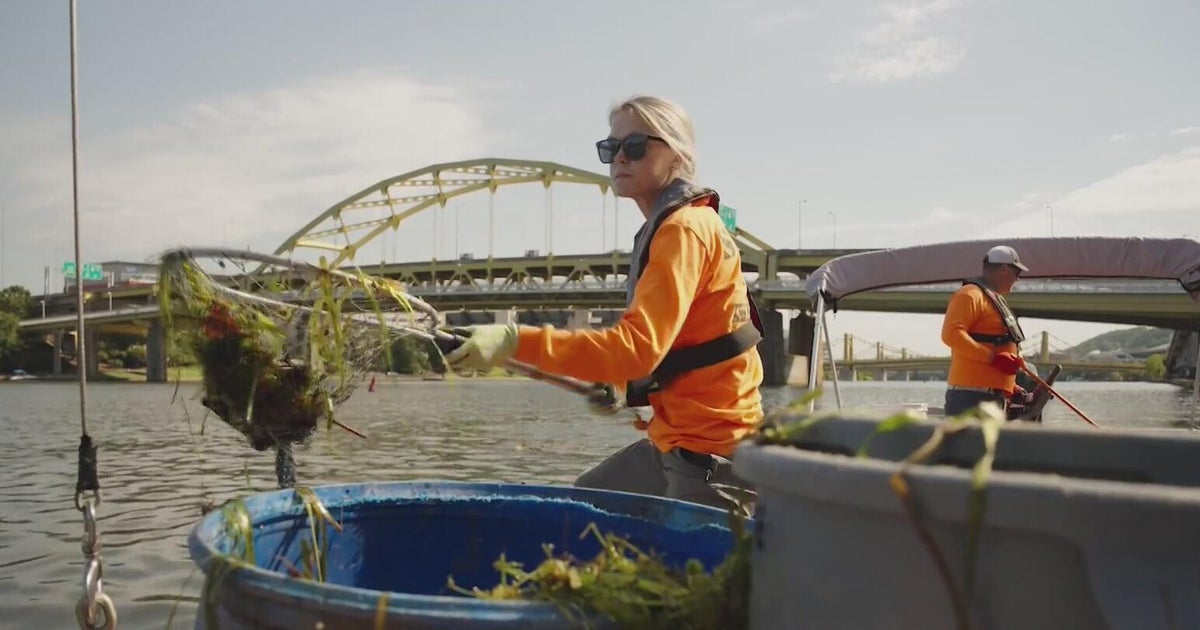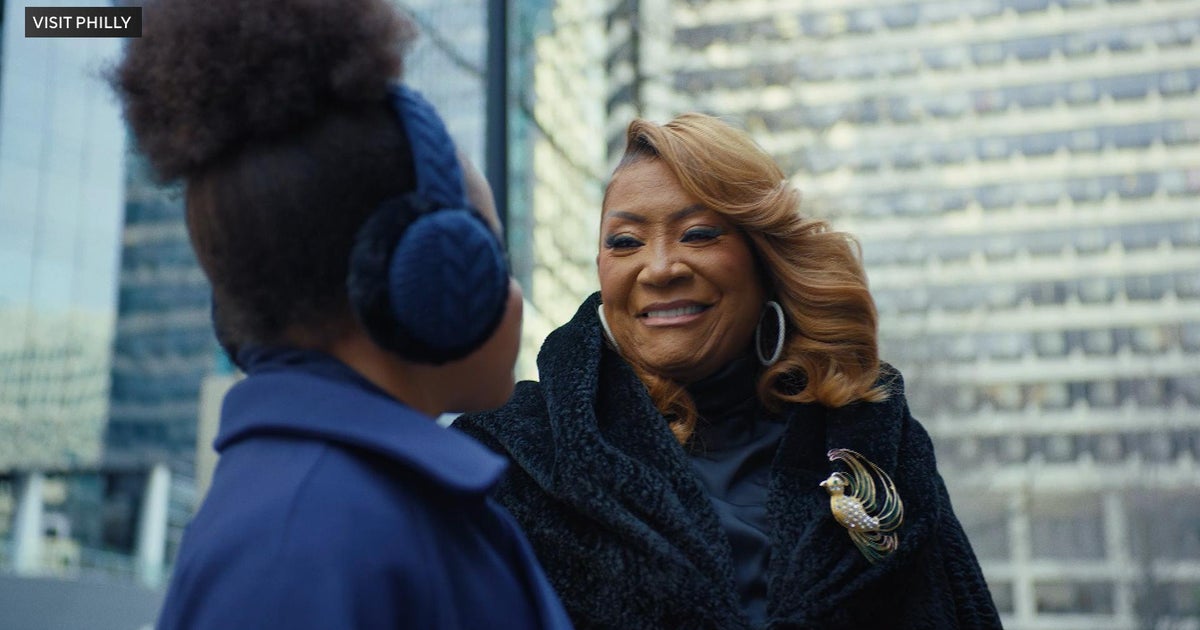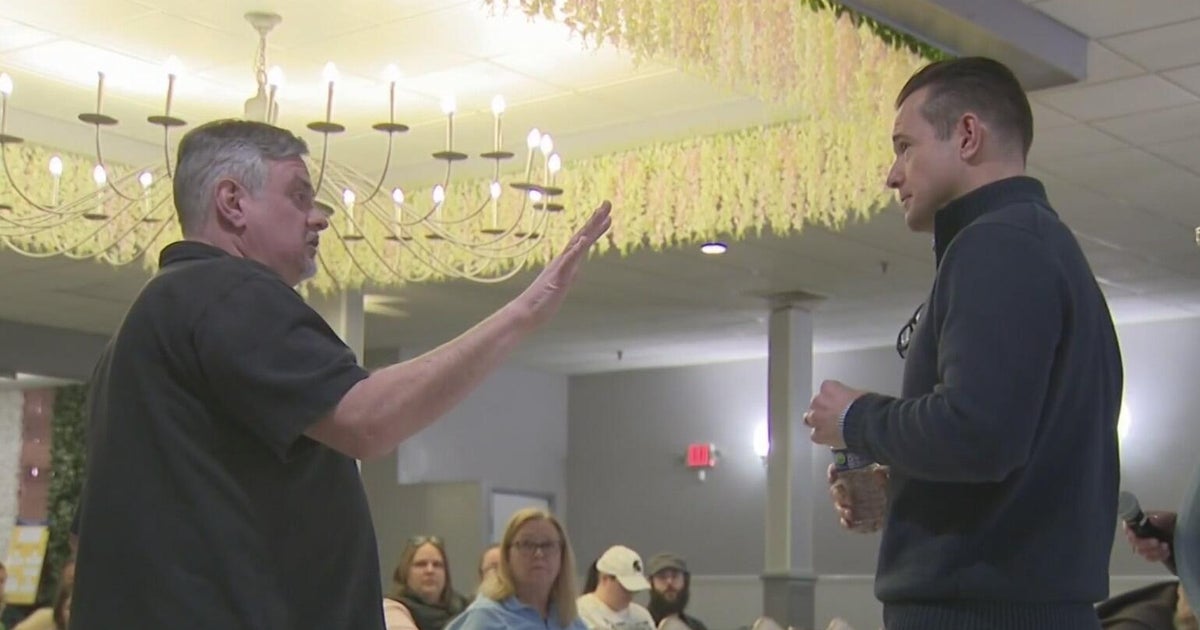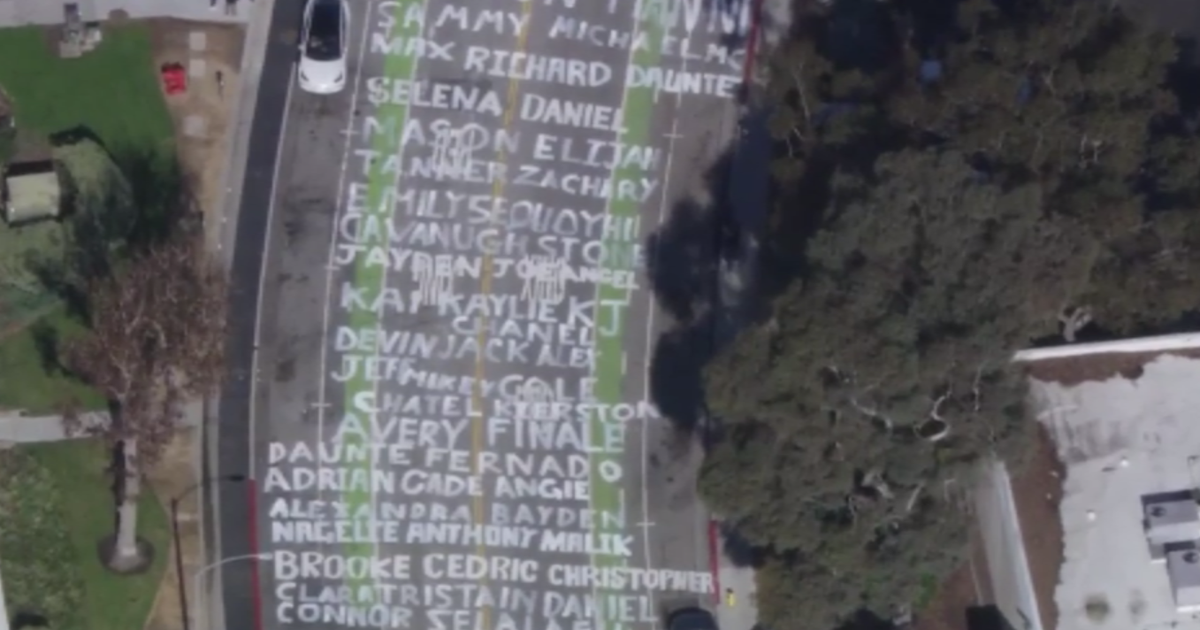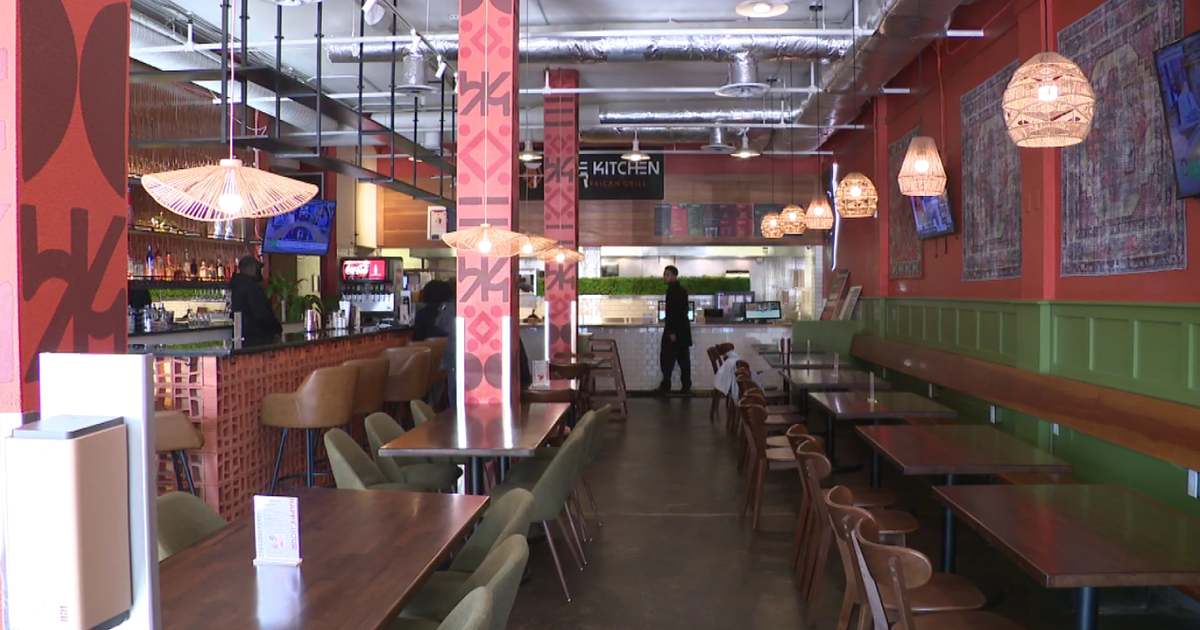Facebook Unveils 'Facebook Journalism Project'
By Brian Stelter
PHILADELPHIA (CNN) -- Facebook is trying to improve relations with skeptical newsrooms by making several investments in journalism tools, training, and news literacy.
On Wednesday the company announced a new umbrella for its initiatives, called the "Facebook Journalism Project," with three different parts.
In some cases Facebook is promoting what it already does and expanding the efforts. In other cases it is setting up new partnerships with news organizations and advocacy groups. One of them is the News Literacy Project.
The overarching message is that the social media giant wants to be a friend, not a foe, of cash-strapped news organizations.
"We're investing a lot of time," said Patrick Walker, the head of media partnerships for Facebook in Europe, Africa and the Middle East.
Facebook staffers have forged relationships with media companies for many years. Last week the company hired a high-level liasion to the news business, former CNN and NBC anchor Campbell Brown.
What's different now? At a panel discussion in London on Wednesday, Walker said "we're trying to get deeper at collaborating" with news outlets.
One example, announced Wednesday, involves linking Facebook engineers with their counterparts in newsrooms.
The idea is that "we can build together from the early stages of the product development process," Fidji Simo, Facebook's director of product for media, said in a blog post.
"New storytelling formats" are already in the works, Simo said, and so are ways to promote news subscriptions within Facebook.
Simo said local news is another area of focus for the company. Many local and regional newspapers have experienced severe cutbacks in recent years as digital advertising has supplanted print.
That's one of many reasons why many journalists tend to approach Facebook with skepticism. While the social network is a huge part of newsroom efforts to share links to stories, it is sometimes a frustrating partner. Employees at media companies complain that Facebook is too opaque about its operations and too slow to recognize its responsibilities as a distributor of news and opinion.
Facebook is also under pressure to curb the spread of so-called "fake news" -- hoax stories designed to deceive people. The company recently started testing warning labels on disputed stories.
Wednesday's announcement emphasized media literacy as an implicit response to the issue of "fake news."
"We will help organizations already doing important work in this area, such as the Walter Cronkite School of Journalism and Mass Communication at Arizona State University, and bring a consortium of experts together to help decide on what new research to conduct and projects to fund," Simo said. "In the short-term, we are working with the News Literacy Project to produce a series of Public Service Ads (PSAs) to help inform people on Facebook about this important issue."
Facebook will also look to make financial grants to news outlets that are trying to address news literacy, Simo said.
The company said it would also expand its training and e-learning courses, meant to help journalists become more proficient at using the social network.
The-CNN-Wire ™ & © 2017 Cable News Network, Inc., a Time Warner Company. All rights reserved.
